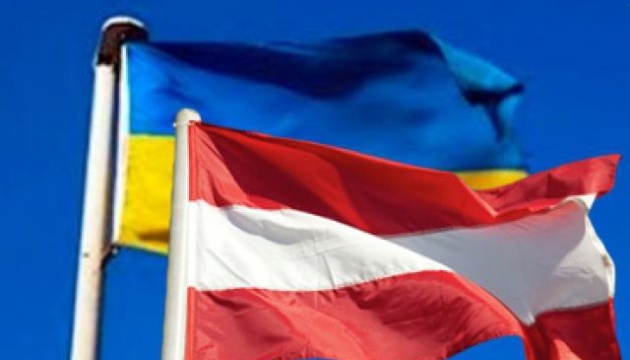Austria's Defense Minister Klaudia Tanner indicated that the traditionally neutral Austria might participate in an international peacekeeping mission in Ukraine under certain conditions, Welt reports.
"I do not rule out that we would participate in peacekeeping in Ukraine, should it come to that," Tanner told Welt in an interview from her office at Vienna's Rossauer Lände barracks.
The conservative minister emphasized that Austria's participation would depend on "what the mandate looks like exactly, what possibilities could arise for our deployment, and whether our expertise is even needed."
Tanner confirmed that Austria is not yet involved in preliminary discussions about a potential "coalition of the willing," aimed at sending peacekeeping troops to Ukraine and developed by Great Britain and France.
The country is simultaneously working to strengthen its military capabilities through the Development Plan 2032+, which focuses on three key areas: upgrading barracks infrastructure, enhancing mobility across land, water, and air—with particular emphasis on air defense missiles—and improving soldiers' equipment.
According to Tanner, Austria plans to increase defense spending to 1.17 percent of GDP by 2025 and up to 1.25 percent in the following year. The government raised its long-term target to reach two percent of GDP by 2032, a substantial increase from the 0.54 percent when Tanner took office in January 2020.
When questioned about Austria's constitutional neutrality possibly making the country vulnerable to Russian aggression, Tanner was firm:
"No, I don't have that concern, as long as we work hard to become defensible. The fact that we are a neutral state according to the constitution will not protect us. What protects us is a modernly equipped Federal Army."
The minister rejected criticisms from Brussels that Austria is "hiding behind neutrality," pointing out that the country has approximately 1,200 soldiers deployed in international operations—"quite a lot, for example, compared to Germany"—and provides financial and humanitarian support to Ukraine.
Tanner defended Austria's continuation of compulsory military service, which Germans abolished but Austrians voted to keep in a 2013 referendum. The system provides about 16,000 new recruits annually, which she argues improves defense readiness while promoting social cohesion and public awareness of security issues.
However, Welt reports that despite these efforts, surveys indicate only 25 % of Austrians would be willing to defend their country with weapons, a figure Tanner acknowledges needs improvement.
Coalition of the willing for Ukraine faces faces hesitation from most European members
Previously, The Times reported that the proposed “coalition of the willing” was struggling to materialize amid significant European hesitation. Originally envisioned by British military leadership as a 64,000-strong deterrence force, current plans have been scaled down to around 25,000 troops, which many European defense ministers doubt they can even meet.
Several major countries, including Poland, Spain, Italy, Finland, Estonia, and Germany, have either refused or expressed reluctance to contribute ground forces, citing concerns over their own defense needs. The UK and France remain the primary contributors.
UK Defense Secretary John Healey emphasized that the British troops deployed to Ukraine will focus on training Ukrainian Armed Forces personnel rather than engaging in combat, and will be stationed away from frontline areas.
Meanwhile, former Lithuanian Foreign Minister Gabrielius Landsbergis sharply criticized Europe's "coalition of the willing" for its ineffective support of Ukraine, highlighting the lack of troops, advanced weapons like the German Taurus missile system, and robust air defense. He condemned the coalition's weak sanctions on Russia, particularly the failure to target the majority of Russia’s "shadow fleet," and denounced the EU’s contradictory move to reimpose pre-war tariffs on Ukrainian exports, which undermines financial aid efforts.
Read also
-
“Still no troops, no Taurus, no air defense for Ukraine”: Former Lithuanian minister torches Europe’s coalition of the willing
-
The Times: “Coalition of the willing” for Ukraine struggles to materialize amid Europe hesitation
-
Only 6 of 30 “coalition of willing” countries ready to send peacekeepers to Ukraine

